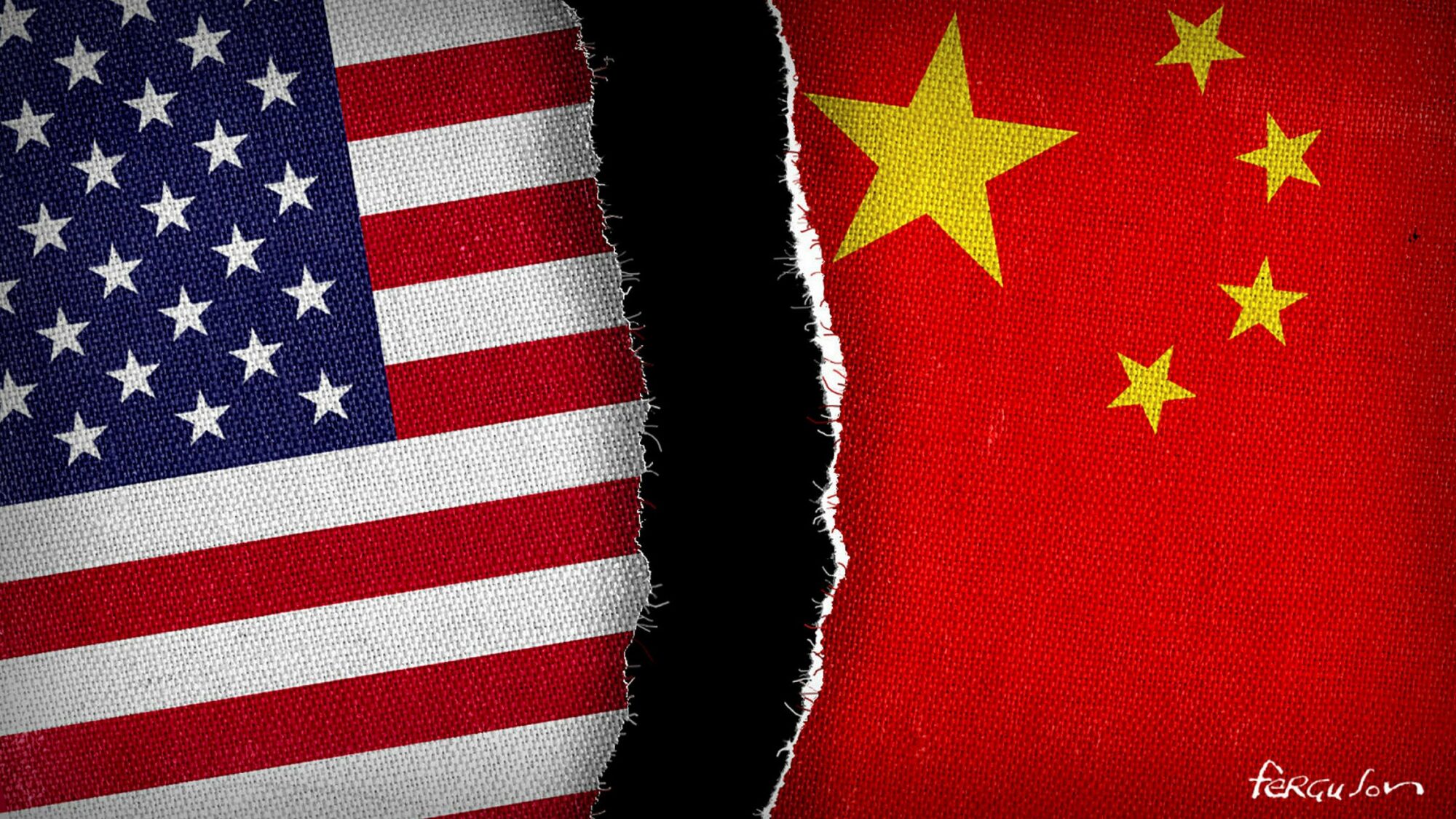We’re used to hearing about the Cold War as something of pivotal importance, whether it’s in the history books, or a storyline for a 1980’s James Bond film. Much like the way with how historians like to analyse the French Revolution, the Cold War is an event with a determined beginning, and a definite end, but we’re always left wondering if it ever really came to an end, or if it’s just been renewed in different forms. Whilst tensions between the United States and Russia have most certainly been eased, they have not completely evaporated, but have instead been overshadowed by what some have considered to be a new Cold War which has been emerging, one between the US and China, and this cold war may be of paramount importance, just as much as the last one was.
Following the dissolution of the Soviet Union in 1991, it was all but indisputable that the Cold War had finally come to an end. More importantly, it was all but indisputable that the United States was the sole world power left standing at the time, therefore making it possible for the US to claim the title of ‘global hegemon’. With the void left by the Soviet Union, the US was left to be practically unchallenged in terms of perusing its geopolitical ambitions and ensuring that it’s interests are safeguarded on an international level. This would mean that it would any challenge to its world power status quite seriously, whilst also not looking highly upon any regional power attempting to subvert the interests which the US may have win any given part of the world. While it can certainly be said that the course which relations between the US and Russia have taken has been far from steady, they no longer possess the same predominance which they once enjoyed on the world stage, with regards to the ripple effect it had in forging alliances and determining relations between states. It can now be said, that tensions between the US and China have managed to garner more attention, as their implications can prove to have catastrophic ramifications across the entire world.
With all this being said, whilst some have considered relations between the US and China to be moving towards a new Cold War, many don’t view this as being the case. In this sense, a debate has been raging amongst experts about what way can this situation best be described in, and what analysis is best-suited for the sake of accuracy. Furthermore, the variables by which this phenomenon has been measures includes matters such as the trade war between the US and China, foreign policy disputes between both nations, together with the military rivalry between the US and China experiencing a volatile escalation. This volatile escalation, in addition to the raging debate about whether a second Cold War really is taking place, is being further amplified by those who argue that America is currently passing through a decline of its global hegemonic status, whilst others insist that it has yet to regain its dominance on the world stage. In the case of the former, it would seem only plausible that China is more than keen to seize the opportunity to profit from such a scenario. In this regard, such an eventuality only serves to put a further strain on relations between the US and China, and emboldens America’s resolve to preserve its identity as a sole world power.
When comparing this current situation with the Cold War period, it is evident in how the Soviet Union had managed to successfully gather a considerable amount of alliances and alignments, thus doing in such a way which divided the international community, even more so when one considers how the Cold War was waged along economic and ideological lines. One can try to apply the capitalism vs communism and democracy vs dictatorship framing to this current phenomenon, but the time we’re living in now refers more towards which nation will claim the title of global hegemon, purely as opposed to whether it’s China or America emerging victorious from this ‘second Cold War’, with either one of them secluded to basking in the shadow of the other.
Rather than it dividing the world into East and West as was once the case, the outcome of the rising tensions between America and China will determine what set of guiding principles will be prevalent within the international community, and which world power other countries can look to as source of leadership. In addition to the political and economic ramifications of the COVID-19 pandemic, the aftermath of this pseudo conflict will undoubtedly determine the course which international relations will take for generations, and define the outlook other countries have towards one another.

